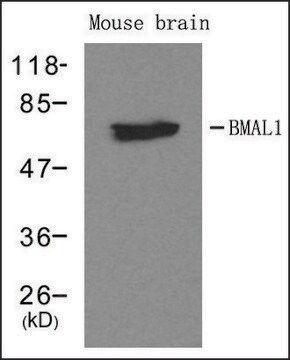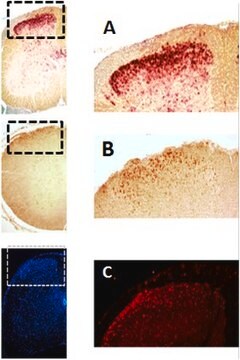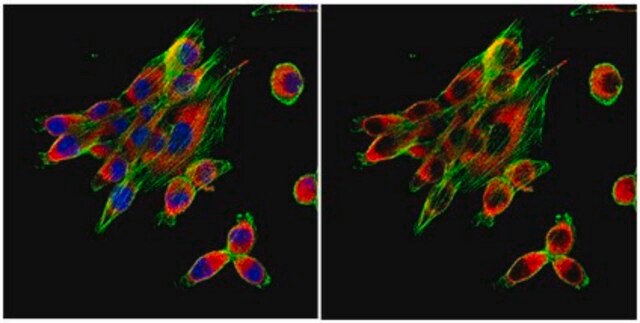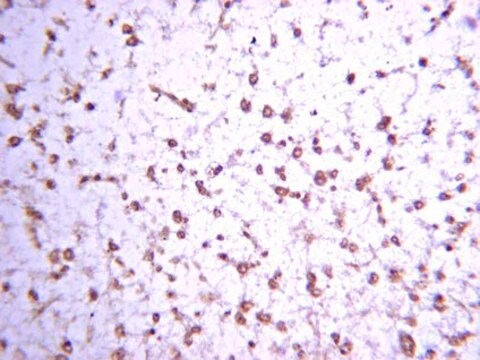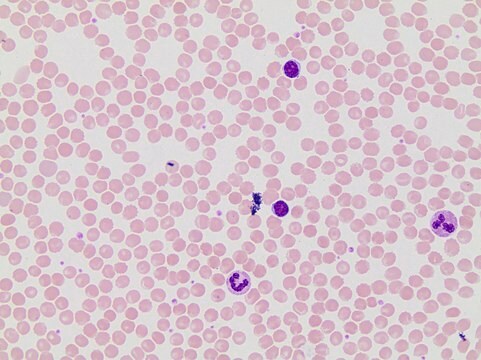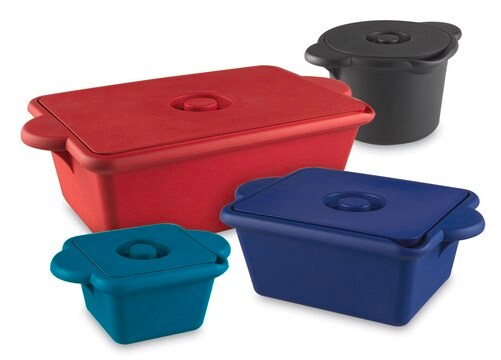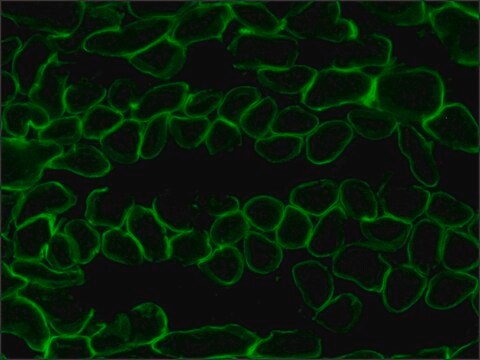AB1786P
Anti-Dopamine D3 Receptor Antibody, cytoplasmic domain
Chemicon®, from rabbit
Synonym(s):
D3R
About This Item
IHC
WB
immunohistochemistry: suitable
western blot: suitable
Recommended Products
biological source
rabbit
Quality Level
antibody form
affinity purified immunoglobulin
antibody product type
primary antibodies
clone
polyclonal
purified by
affinity chromatography
species reactivity
mouse, rat
manufacturer/tradename
Chemicon®
technique(s)
ELISA: suitable
immunohistochemistry: suitable
western blot: suitable
NCBI accession no.
UniProt accession no.
shipped in
dry ice
target post-translational modification
unmodified
Gene Information
mouse ... Drd3(13490)
rat ... Drd3(29238)
Specificity
SPECIES REACTIVITIES: The immunogen peptide shows sequence homology of 88% with mouse and 63% with human/monkey (12/19 aa) D3 receptors (Giros et al. 1990, 1991; Schmauss et al. 1993; Liu et al. 1994; Fu et al. 1995; Sokoloff et al. 1990; Livingstone et al. 1992). Antibody cross-reactivity with various species is not known.
Immunogen
Application
Neuroscience
Neurotransmitters & Receptors
Immunohistochemistry: suggested working concentration is 2-10 μg/mL. Suggested fixative is 4% PFA, fixation 10-15′, permeabilized with 0.3-0.5% triton X-100 for 10-15′ (tissue, less time for cels), primary antibody dilution is 1:100 for direct fluorescence . {Coronas, V, et al. J Neurochemistry 91:1292-1301, 2004},
ELISA: 0.5-1.0 μg/mL (1 μg/mL immunogen peptide (Catalog Number AG229)/well)
Optimal working dilutions must be determined by the end user.
Physical form
Storage and Stability
Other Notes
Legal Information
Disclaimer
Not finding the right product?
Try our Product Selector Tool.
Storage Class Code
10 - Combustible liquids
WGK
WGK 2
Flash Point(F)
Not applicable
Flash Point(C)
Not applicable
Certificates of Analysis (COA)
Search for Certificates of Analysis (COA) by entering the products Lot/Batch Number. Lot and Batch Numbers can be found on a product’s label following the words ‘Lot’ or ‘Batch’.
Already Own This Product?
Find documentation for the products that you have recently purchased in the Document Library.
Our team of scientists has experience in all areas of research including Life Science, Material Science, Chemical Synthesis, Chromatography, Analytical and many others.
Contact Technical Service

